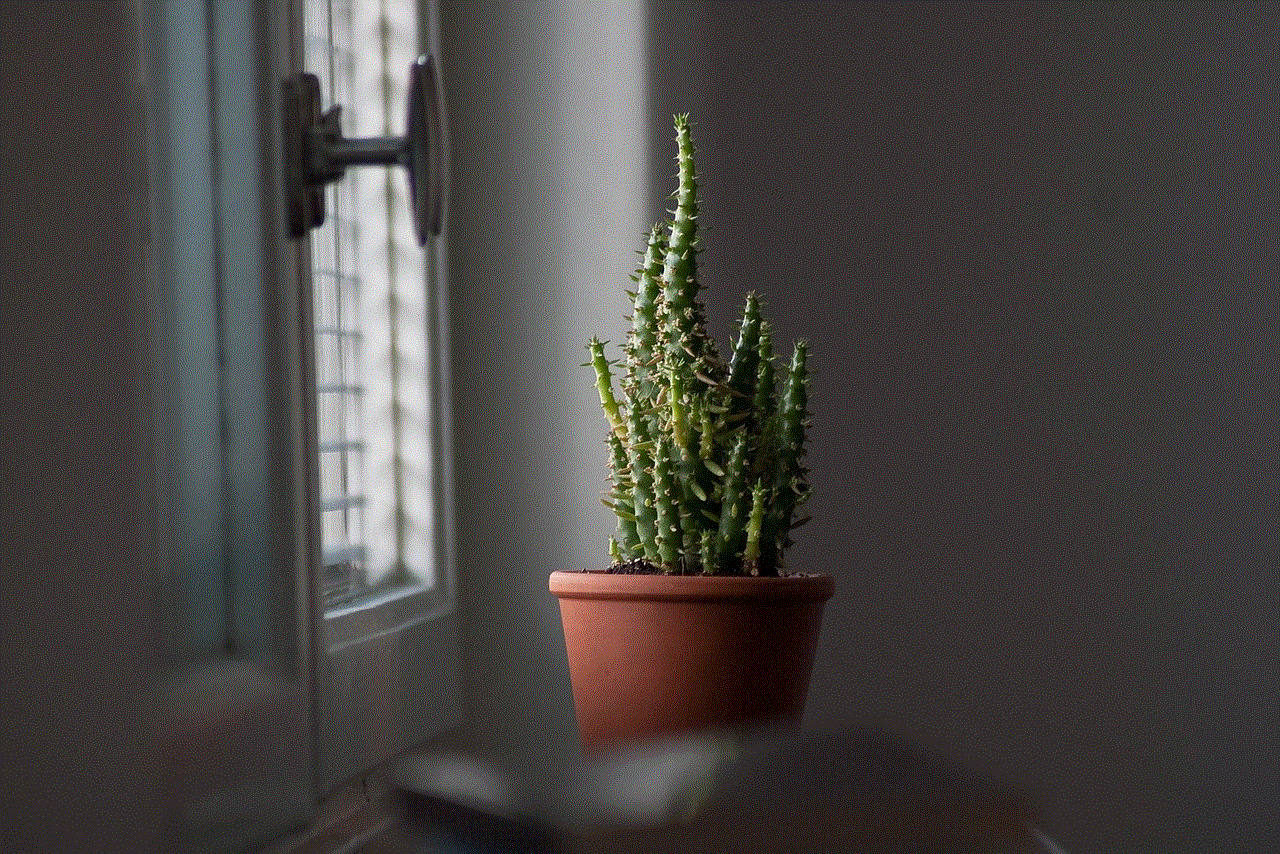c urban dictionary
Urban Dictionary is a popular online crowdsourced dictionary that defines contemporary slang and informal language. It was founded in 1999 by Aaron Peckham and has become a go-to resource for many internet users looking to understand and use current slang terms. With over 8 million definitions, Urban Dictionary has become a cultural phenomenon, showcasing the ever-evolving language used by young people across the globe.
The concept behind Urban Dictionary is simple yet brilliant. It allows anyone to submit a definition for a word or phrase, along with an example of how it is used in a sentence. These definitions are then voted on by other users, with the most popular definitions being featured at the top of the page. This crowdsourced model has led to some hilarious and sometimes controversial entries, making Urban Dictionary a never-ending source of entertainment.
One of the reasons for the success of Urban Dictionary is its ability to capture the constantly evolving nature of language, with new words and phrases being added every day. In a world where trends come and go at lightning speed, Urban Dictionary has become a reflection of the current cultural landscape. As new words and phrases emerge in popular culture, they are quickly added to the dictionary, making it a dynamic and ever-changing resource.
But Urban Dictionary is not just a place for slang and informal language. It has also become a platform for social commentary and satire. Many of the definitions found on the site are not just humorous, but also provide insight into societal issues and trends. For example, the term “adulting” is defined as “the practice of behaving in a way characteristic of a responsible adult, especially the accomplishment of mundane but necessary tasks.” This reflects the current struggle many young adults face as they navigate the responsibilities of adulthood.
However, the open and democratic nature of Urban Dictionary has also led to some controversies. As with any online platform, there is always the risk of abuse and misuse. Some users have exploited the system by submitting offensive or inappropriate definitions, causing backlash and criticism. In response, Urban Dictionary has implemented a moderation system, with a team of editors reviewing and approving all new entries. Despite this, there have been instances where offensive definitions have slipped through the cracks, leading to calls for stricter content control.
Despite the controversies, Urban Dictionary has remained a popular and influential resource. It has even had an impact on mainstream culture, with words and phrases from the dictionary being used in TV shows, movies, and music. For example, the term “bae” which originated on Urban Dictionary, has now become a common term used by many, including celebrities and politicians.
Another interesting aspect of Urban Dictionary is its ability to capture regional and cultural variations in language. While some words and phrases may be popular in one part of the world, they may be completely unknown in another. This makes Urban Dictionary a valuable tool for understanding the nuances of language and how it differs across different communities and cultures.
Moreover, Urban Dictionary has also become a place for linguistic experimentation. Many users create their own words and phrases, and if they gain enough popularity, they become part of the dictionary. This allows for a fun and creative outlet for language lovers, and has led to the creation of unique and often hilarious terms.
One of the criticisms of Urban Dictionary is its lack of credibility as a legitimate dictionary. As the definitions are user-generated, there is no guarantee of accuracy or authority. This has led to debates on whether Urban Dictionary should be considered a reliable source for language definitions. While it may not be a traditional dictionary, Urban Dictionary has its own niche in the online world, providing a platform for informal and contemporary language.
In recent years, Urban Dictionary has also faced competition from other online dictionaries such as Dictionary.com and Merriam-Webster. These more traditional dictionaries have also started to incorporate slang and informal language into their entries, making them more relevant to younger audiences. However, Urban Dictionary still holds its own unique place in the online landscape, with its focus on user-generated content and its ability to capture the ever-changing nature of language.
In conclusion, Urban Dictionary has become a cultural phenomenon, showcasing the constantly evolving language used by young people. With its open and democratic approach, it has provided a platform for social commentary, linguistic experimentation, and a never-ending source of entertainment. As language continues to evolve at a rapid pace, Urban Dictionary will continue to be a valuable resource for understanding and keeping up with the latest slang and informal language.
google listening to me
In this day and age, technology has become an integral part of our lives. From smartphones to smart homes, we are constantly surrounded by devices that make our lives easier and more efficient. One such technology that has gained immense popularity in recent years is voice assistants, and the leader in this field is none other than Google with its Google Assistant. However, with the rise of voice assistants, there has been a growing concern among people about privacy and the fear of being constantly monitored. This has led to the common question – “Is Google listening to me?” In this article, we will delve deeper into this topic and try to understand the truth behind it.
First and foremost, let’s understand what Google Assistant is and how it works. Google Assistant is a voice-controlled virtual assistant developed by Google, available on various devices such as smartphones, smart speakers, and smart displays. It uses natural language processing and machine learning to understand and respond to user commands. This means that it is constantly listening for the “Hey Google” wake word, and once it hears it, it starts recording the user’s voice and processes the command.



Now, coming to the question at hand – Is Google listening to me? The simple answer is yes, but not in the way that most people think. Google Assistant is designed to listen and respond to user commands, and it needs to constantly listen for the wake word to do so. However, it does not record or store any audio until it hears the wake word. In fact, Google is very transparent about this and clearly states in its privacy policies that it only records audio after the wake word is spoken and that the recordings are used to improve the assistant’s accuracy and performance.
But why do people still believe that Google is constantly listening to them? This could be due to a few reasons. Firstly, there have been instances where Google Assistant has accidentally triggered and recorded conversations without the wake word being spoken. This could be a glitch in the system, and Google has acknowledged and fixed these issues. Secondly, people might have noticed that Google Assistant sometimes responds to queries or commands that were not intended for it. This could be because the wake word was spoken unintentionally or sounded similar to the wake word. Lastly, the fear of being monitored by a big tech company like Google is a valid concern, especially with the increasing amount of personal data being collected by technology giants.
However, it is important to note that Google is not the only company that uses voice assistants, and most of them work in a similar way. For instance, Amazon’s Alexa and Apple’s Siri also constantly listen for their respective wake words to function. So, if you are using any voice assistant, there is a high chance that it is constantly listening to you.
Now, let’s address the elephant in the room – privacy concerns. With the rise of technology, privacy has become a major concern for most people. And with voice assistants, the fear of being constantly monitored is amplified. In response to this, Google has taken various measures to ensure the privacy of its users. Firstly, Google has made it clear that it only records and stores audio after the wake word is spoken. This means that any private conversation or data is not being recorded or stored unless you specifically ask Google Assistant to do so. Secondly, Google also provides users with the option to review and delete their voice recordings, giving them more control over their privacy. And lastly, Google has strict policies in place to protect user data and is constantly working towards improving its security measures.
But what about the recent news of human reviewers listening to Google Assistant recordings? In 2019, it was revealed that Google had hired human reviewers to listen to a small percentage of voice recordings to improve the accuracy of its assistant. This led to an outcry from users who were concerned about their privacy. In response, Google announced that it would pause the human review program and give users the option to opt-out of this feature. This incident raised some valid concerns about the use of human reviewers, and Google has since then made changes to its policies and provided more transparency to users.
In conclusion, while it is true that Google is constantly listening to its users through Google Assistant, it is not doing so to spy on them or invade their privacy. The wake word is necessary for the assistant to function, and the recordings are only used to improve its accuracy and performance. Google has also taken several steps to address privacy concerns and give users more control over their data. So, the next time you ask Google Assistant a question or give it a command, rest assured that your privacy is being protected.
can people see if you screenshot their instagram
In today’s world, social media has become an integral part of our lives. From sharing our daily activities to connecting with friends and family, it has provided us with a platform to express ourselves in various ways. One of the most popular social media platforms is Instagram , which is used by millions of people worldwide. With its different features and filters, Instagram has become the go-to app for sharing photos and videos. However, with the rise of screenshot culture, a question that often comes to mind is – can people see if you screenshot their Instagram?



Before we dive into the answer to this question, let’s first understand what a screenshot is and how it works. A screenshot is a captured image of your phone or computer screen. It is a convenient way to save or share something that you see on your device. Taking a screenshot on Instagram is a simple process. You can either press the power and volume down button simultaneously on your phone or use the designated screenshot button on your computer . Once the screenshot is taken, it is saved in your device’s gallery or camera roll.
Now, coming back to the main question – can people see if you screenshot their Instagram? The answer to this is a bit complicated. Instagram does not have a feature that notifies users when someone takes a screenshot of their posts or stories. However, this was not always the case. In the past, Instagram did have a screenshot notification feature, but it was only applicable to direct messages. If someone took a screenshot of your disappearing messages, you would receive a notification stating that the other person took a screenshot. This feature was removed in June 2018, much to the relief of many users.
So, does this mean that people cannot see if you screenshot their Instagram at all? Well, not exactly. Although Instagram does not have a built-in feature for screenshot notifications, there are still ways for people to find out if you have taken a screenshot of their posts or stories. Let’s explore some of these ways in detail.
Firstly, Instagram does have a feature that allows users to see who has viewed their stories. This feature is called “Story Insights,” and it provides users with a list of people who have viewed their stories in the last 24 hours. However, this feature is only available for business accounts and not personal accounts. So, if you have a personal account, the user whose story you took a screenshot of will not be able to see it through their Story Insights.
Secondly, Instagram has a feature called “Activity Status,” which shows when a user was last active on the app. This feature is similar to the one on facebook -parental-controls-guide”>Facebook Messenger, where a green dot appears next to a user’s name when they are online. If you have taken a screenshot of someone’s story or post, and they were online at that time, they might be able to see it through their Activity Status. However, this feature can be turned off in the settings, so it is not a foolproof method for finding out if someone has taken a screenshot of your posts.
Another way for people to know if you have taken a screenshot of their Instagram is through third-party apps. There are numerous apps available that claim to notify users when someone takes a screenshot of their posts or stories. These apps work by asking for your Instagram login credentials and then tracking your activity on the app. They can also send you notifications when someone takes a screenshot of your posts. However, these apps are not officially supported by Instagram, and using them can put your account at risk of getting hacked or banned.
Apart from these methods, there are some indirect ways in which people can find out if you have taken a screenshot of their Instagram. For example, if you have taken a screenshot of someone’s story and then reposted it on your account, they will obviously know that you have taken a screenshot. Similarly, if you have taken a screenshot of a post and then sent it to someone via direct message, the person receiving the screenshot can inform the original poster about it. These situations can lead to awkward or uncomfortable conversations, especially if the person whose post you have taken a screenshot of is someone you know personally.
Now that we have established that people can find out if you have taken a screenshot of their Instagram, let’s discuss the ethics of screenshotting. Is it okay to take a screenshot of someone’s post or story without their consent? The answer to this largely depends on the context. If you are taking a screenshot of someone’s post to save it for your own personal use, it is generally considered acceptable. However, if you are taking a screenshot of someone’s private or sensitive information and sharing it without their permission, it is a violation of their privacy and can have serious consequences.



Moreover, it is important to note that not all posts or stories on Instagram are meant to be shared. People use Instagram as a platform to express themselves, and taking a screenshot of their posts without their permission can be seen as a violation of their creative rights. It is always best to ask for consent before taking a screenshot of someone’s post or story, especially if it is something that they have created themselves.
In conclusion, while Instagram does not have a feature that notifies users when someone takes a screenshot of their posts or stories, there are still ways for people to find out if you have done so. From Instagram’s Story Insights and Activity Status to third-party apps, there are various methods for people to keep track of their posts and stories. However, it is important to use good judgment and respect people’s privacy when taking screenshots on Instagram. Always ask for consent before sharing someone’s posts or stories, and remember that not everything on social media is meant to be shared.
